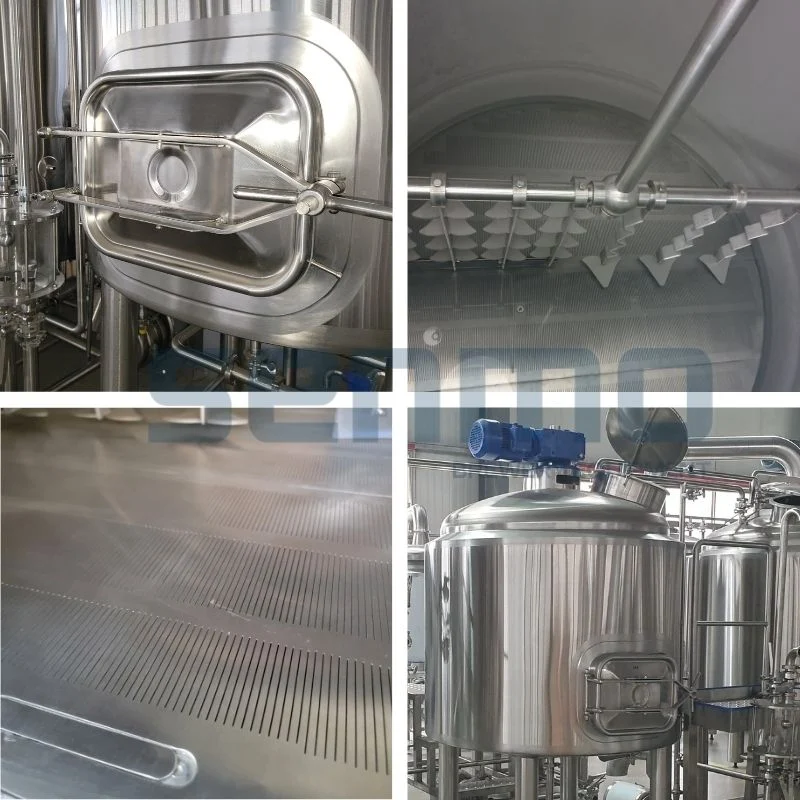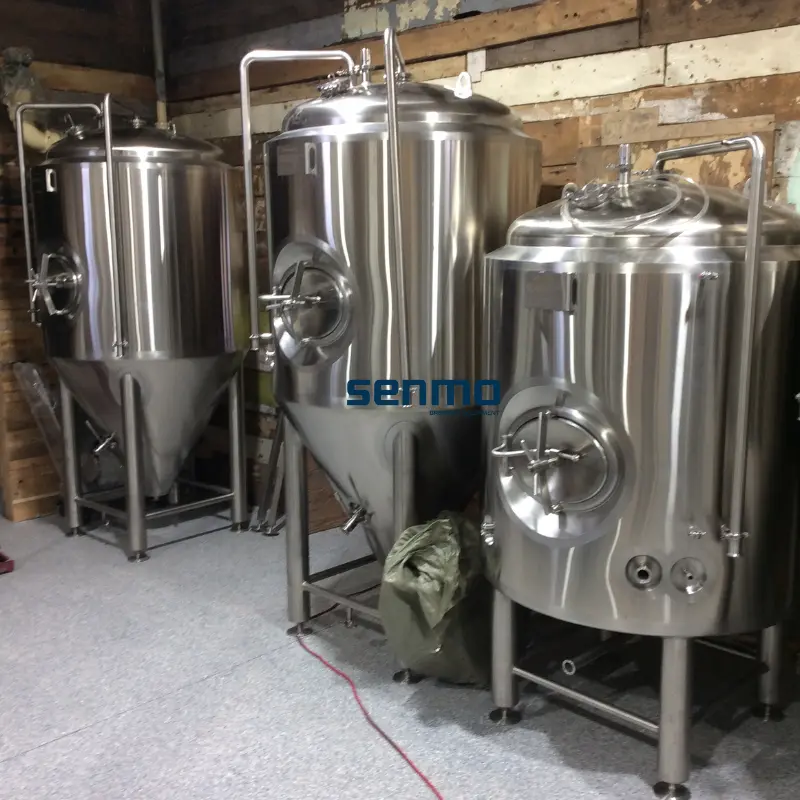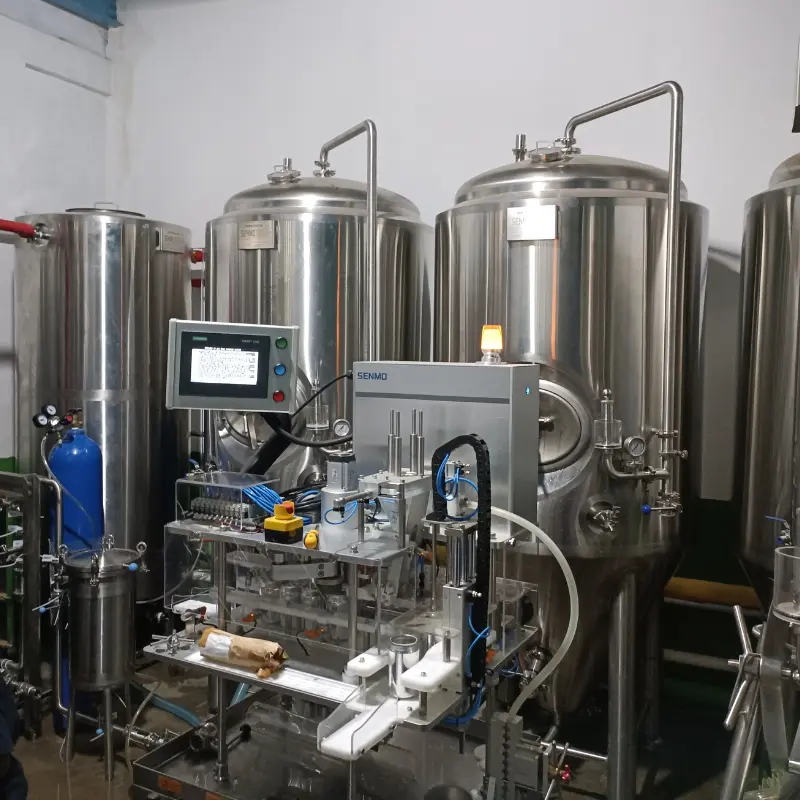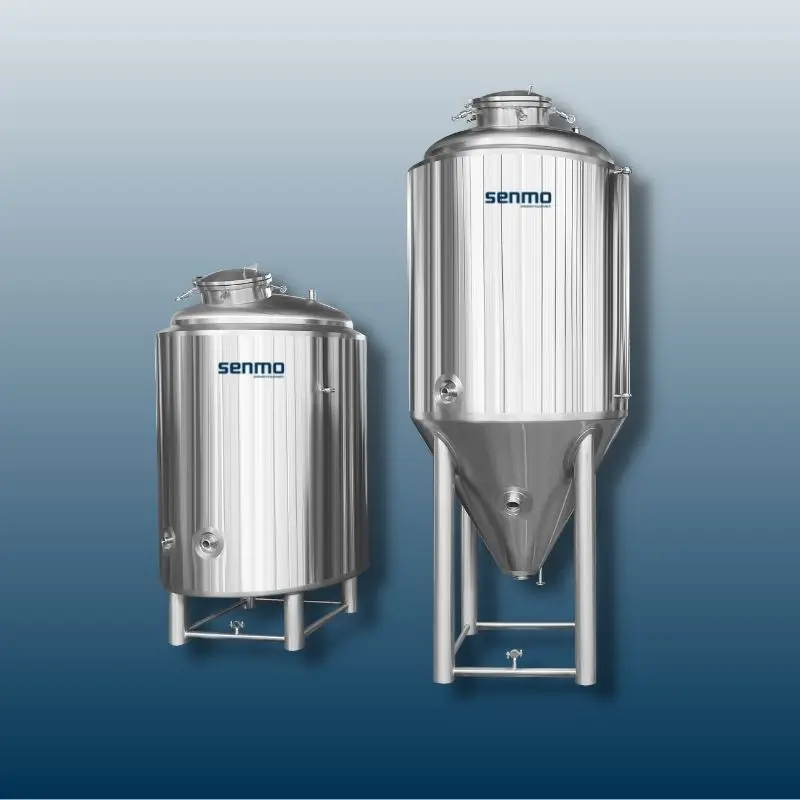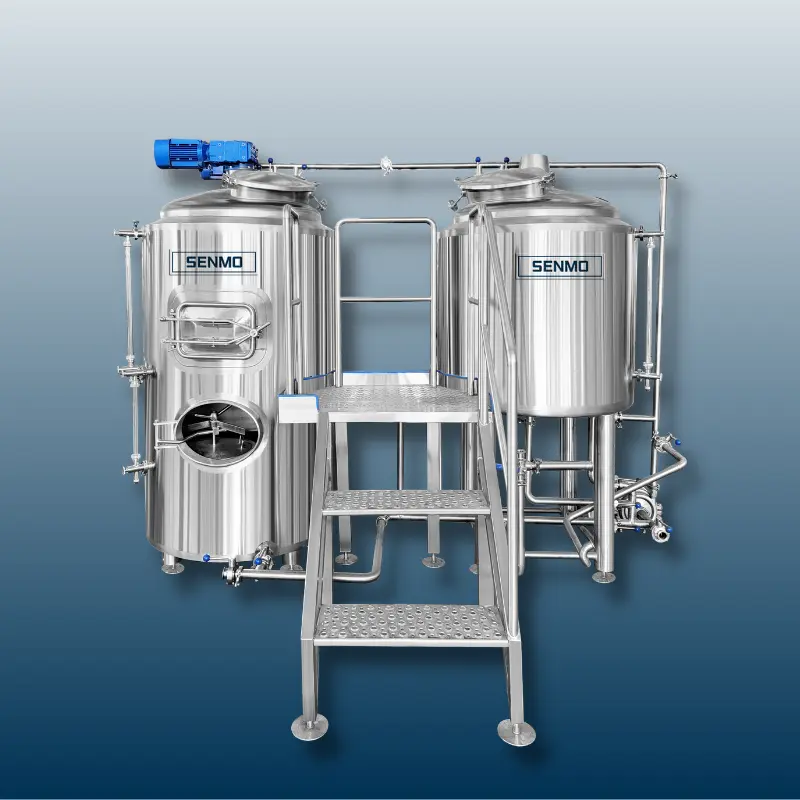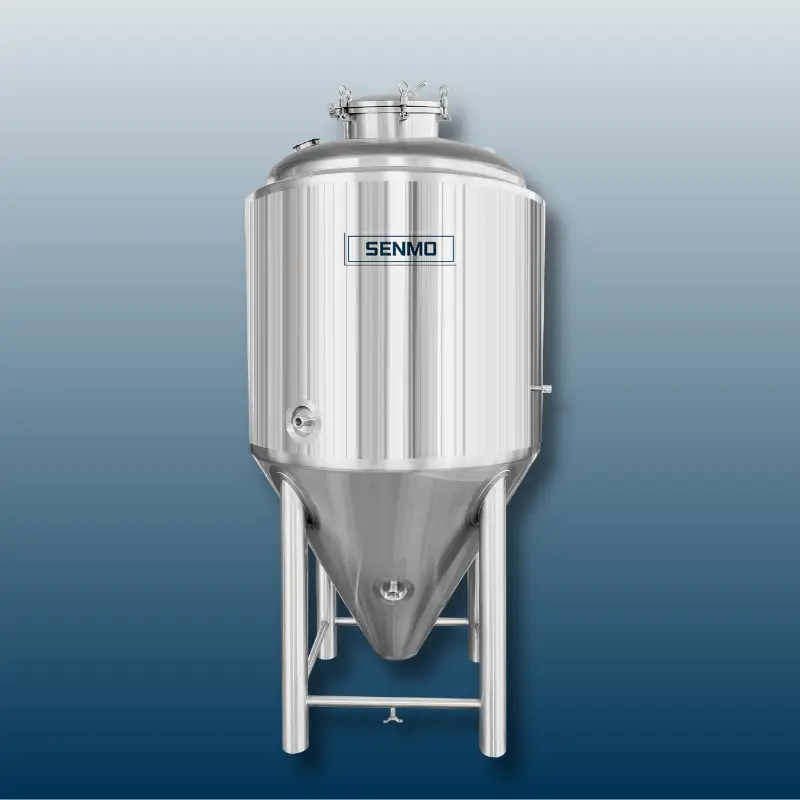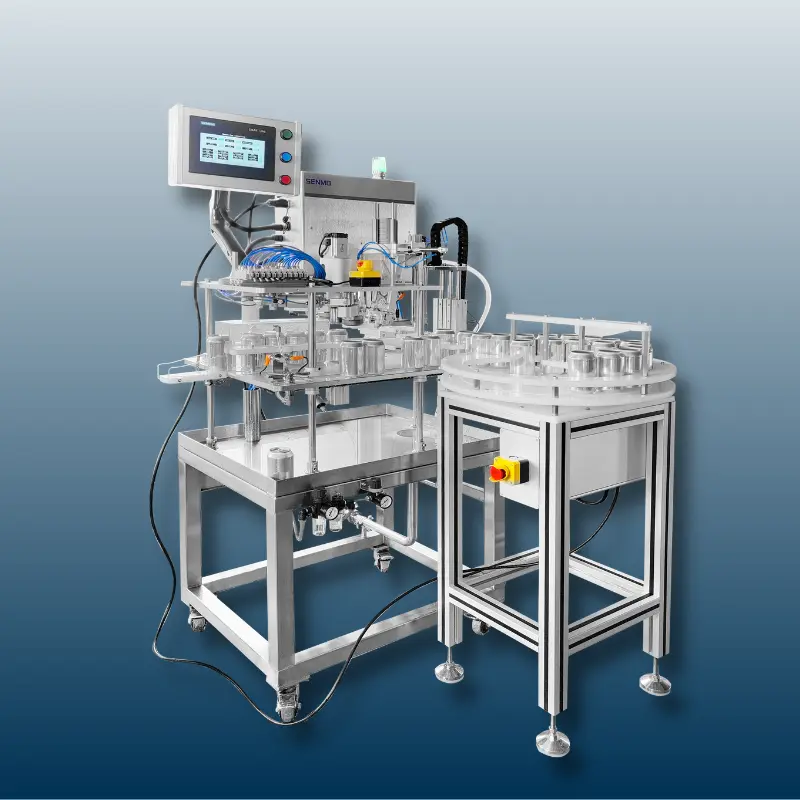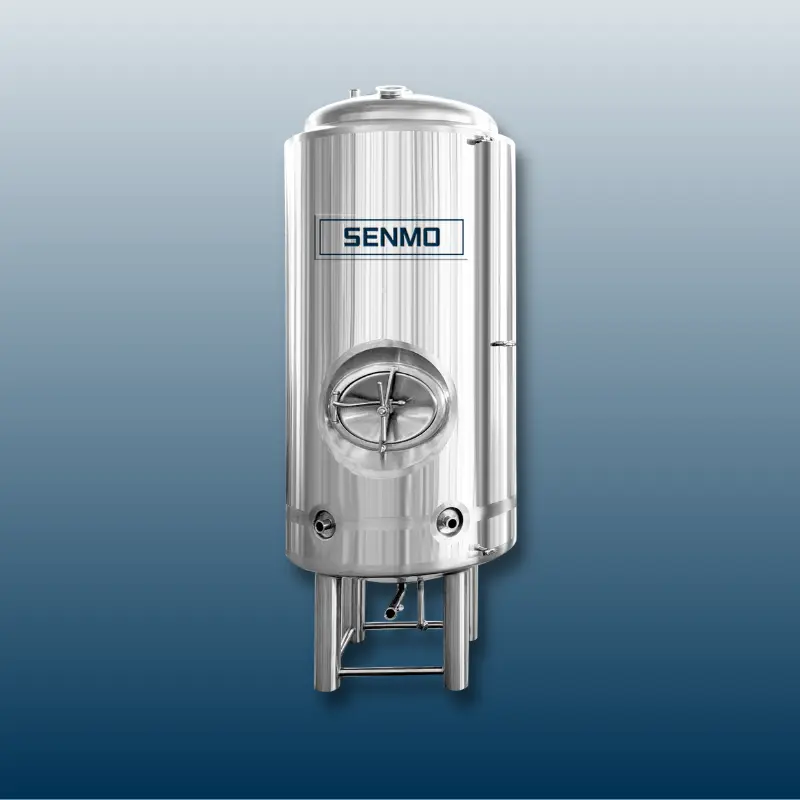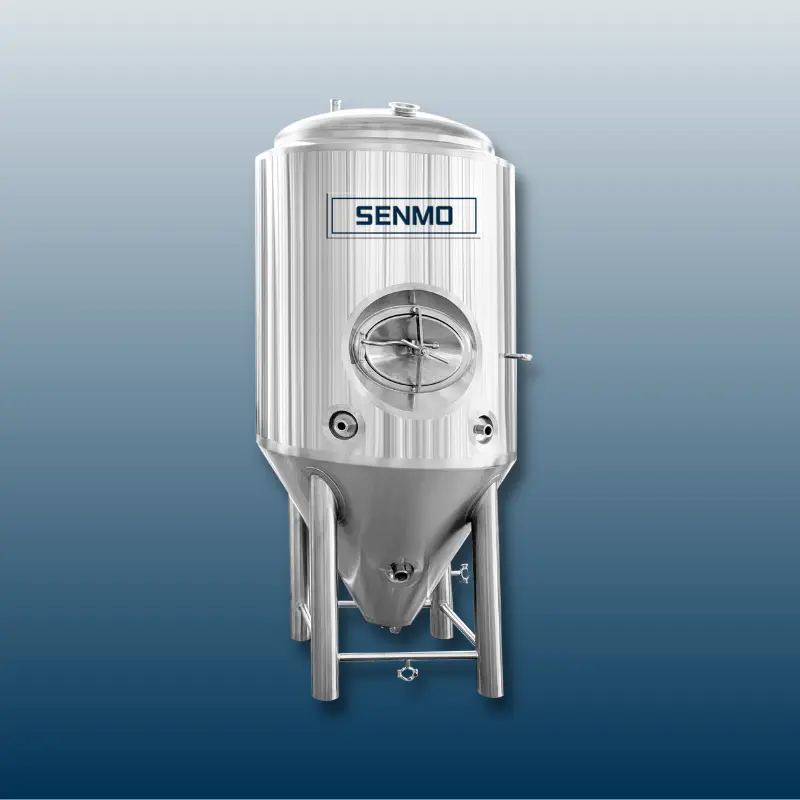Small-Scale Production
The 2BBL (2-barrel) brewing system provides a compact yet efficient setup for trial brewing. With a 2-barrel capacity, it allows brewers to produce small batches of beer for experimentation and testing. This scale is perfect for refining recipes, trying out different hop combinations, or testing the effects of various yeast strains. It provides a manageable size that allows brewers to closely monitor and control the brewing process.
Cost-Effective Solution
Investing in larger brewing equipment can be a significant financial commitment, especially for those who are just starting out or want to focus on trial brewing. The 2BBL system offers a more affordable option for brewers who want to experiment without breaking the bank. It allows brewers to test their recipes and concepts on a smaller scale before committing to larger production volumes.
Flexibility and Adaptability
The 2BBL brewing equipment provides brewers with flexibility and adaptability. It allows them to easily adjust and fine-tune their brewing techniques and recipes. With smaller batches, brewers have the freedom to make changes and improvements without a major impact on the overall production. This flexibility is crucial when it comes to trial brewing, as it enables brewers to iterate and refine their recipes until they achieve the desired results.
Quality Control
Trial brewing is all about honing the craft and ensuring the highest quality of the final product. The 2BBL brewing equipment allows brewers to closely monitor every step of the brewing process, from mashing and boiling to fermentation and carbonation. With smaller batches, brewers can pay meticulous attention to detail, ensuring consistency and quality in their trial brews. This level of control is essential for brewers who want to create exceptional beers and develop a loyal customer base.
Market Testing
Once brewers have perfected their trial brews, the 2BBL system enables them to test the market response without committing to large-scale production. They can serve their trial beers in their taprooms or at local beer festivals to gather feedback and gauge customer preferences. This valuable information can help brewers make informed decisions about scaling up production or refining their recipes further.
For example
Imagine a small craft brewery called "Hop Haven" that wants to experiment with a new IPA recipe. They decide to use a 2BBL brewing system for their trial brewing. The 2BBL brewing system has a capacity of approximately 62 gallons (2 barrels) of beer. For the trial brewing, Hop Haven decides to produce a batch of 50 gallons, leaving some headspace for fermentation. Purchasing a 2BBL brewing system is more affordable compared to larger commercial brewing equipment. Let's assume that Hop Haven invests $10,000 in their 2BBL brewing system, including the necessary brewing vessels, fermenters, temperature control equipment, and other essential components. With the 2BBL system, Hop Haven can easily adjust their recipe and brewing techniques. They experiment with different hop varieties, malt combinations, and yeast strains to create a unique flavor profile. For example, they use 100 pounds of malt, 5 pounds of various hops, and select a yeast strain known for its fruity esters. Throughout the brewing process, Hop Haven meticulously monitors and controls the temperatures, fermentation time, and other critical parameters. They take regular gravity readings to track the progress of fermentation. After a week of fermentation, the beer reaches the desired specific gravity of 1.010, indicating the completion of primary fermentation. Hop Haven decides to showcase their trial batch at a local beer festival. They serve their IPA alongside other commercial beers and collect feedback from festival-goers. Out of the 200 attendees, 150 people taste their IPA and provide feedback through a survey. The majority of respondents (80%) rate the IPA as excellent or very good, with positive comments about its hop aroma and balanced bitterness. Based on the positive market response and the quality of the trial batch, Hop Haven decides to scale up production. They invest in larger brewing equipment and start producing the IPA on a commercial scale, targeting local bars, restaurants, and liquor stores.
This example demonstrates how a 2BBL brewing system can be utilized for trial brewing. The smaller scale allows for experimentation, quality control, and market testing, enabling brewers to refine their recipes and make informed decisions about future production.
Conclusion
2BBL beer brewing equipment is an excellent choice for trial brewing. Its small-scale production, cost-effectiveness, flexibility, quality control, and market testing capabilities make it an ideal option for brewers who are passionate about experimentation and refinement. With this equipment, brewers can unleash their creativity, push the boundaries of flavor, and ultimately create outstanding beers that captivate the taste buds of beer enthusiasts. So, raise a glass to the exciting world of trial brewing with 2BBL beer brewing equipment!
